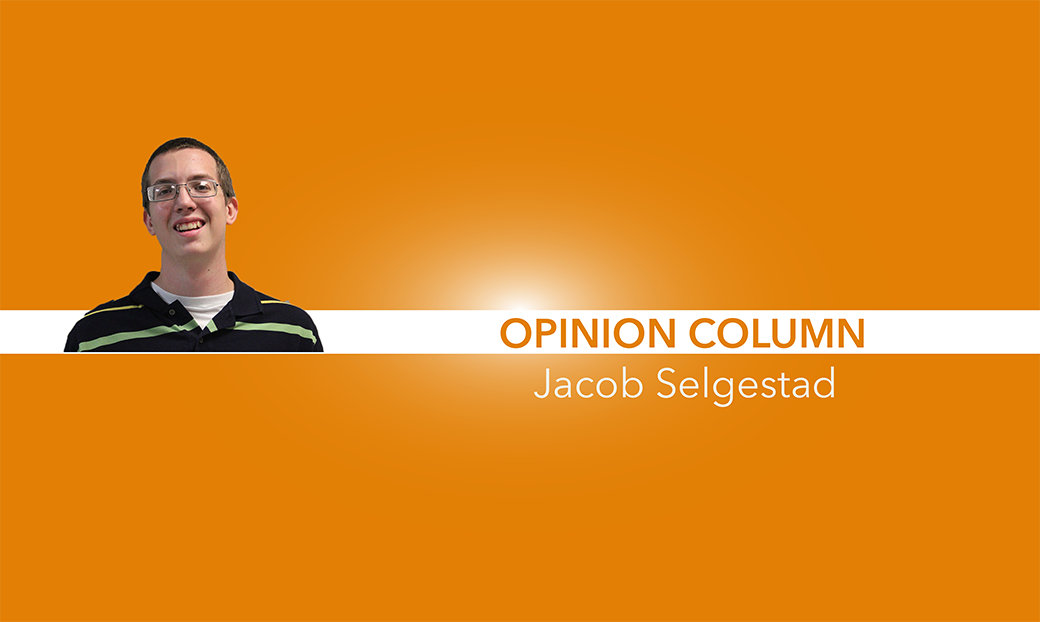
Republican and Democratic primary systems both have flaws
The United States tries to pride itself on being the greatest democracy in the world; however, both major parties use broken primary systems.
The purpose of a primary is for voters to determine who should represent their respective parties in the general election in November. But this year’s primary cycle has exposed some critical democratic flaws.
On the Republican side, there’s likely going to be a brokered convention, which means no single candidate has secured enough delegates to clinch the nomination come the convention.
This has the potential to cause several democratic issues. There’s currently talk that this brokered convention will end with Speaker of the House Paul Ryan as the nominee.
Ryan becoming the GOP nominee would pervert democracy. Ryan hasn’t gone through the primary process and hasn’t had any votes cast for him to be the GOP nominee, but still has the potential to be the nominee.
I hate Donald Trump just as much as the next guy, but he does deserve the nomination more than Ryan.
To Ryan’s credit, he’s denied any interest in becoming the President; however, Ryan also had no interest in becoming Speaker of the House, but here we are. The brokered GOP convention will definitely be an issue to keep an eye on as we get closer.
The Republicans aren’t the only ones whose primary system has revealed flaws in 2016; the Democrats also have revealed some problems.
While the Republicans use a system of solely pledged delegates awarded proportionally, the Democrats use a combination of pledged delegates and unbound superdelegates. These superdelegates serve no real purpose but to harm the democratic process.
The problem with superdelegates is they don’t have to vote for the candidates that their state vote for. The purpose of superdelegates, according to Democratic National Committee chair Debbie Wasserman Schultz, is to protect the establishment candidates from grassroots candidates.
Superdelegates are doing their jobs in 2016. Bernie Sanders is running one of the most successful grassroots campaigns of all time, but the delegate gap between him and Hillary Clinton doesn’t accurately reflect that.
As of April 15, Clinton’s total delegate count is 1,758 and Sanders’ is 1069. If superdelegates voted proportionally, the race would be Clinton with 1,482 and Sanders with 1,213.
Clinton is able to claim a huge delegate lead because of superdelegates, when in reality, the race should be much closer.
If Sanders were to pull ahead in the popular vote, it’s likely that some superdelegates would change their support, because superdelegates don’t officially cast a vote until the convention. However, doing this is arbitrary when the DNC could just use a proportional system that ensures the candidate with the most votes wins.
Both parties have had flaws within their systems exposed in the 2016 primary cycle. In order to ensure the preservation of democracy, it’s critical for both parties to ensure these problems are corrected come 2020.
